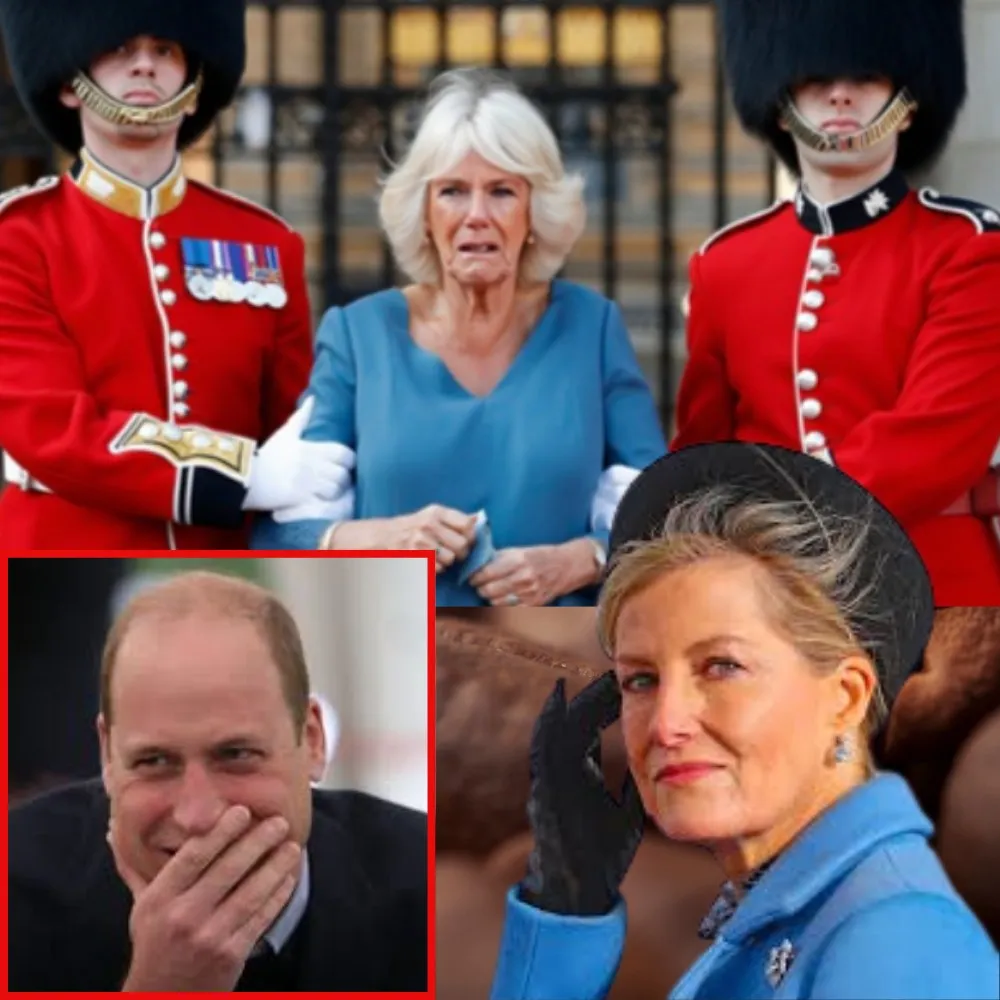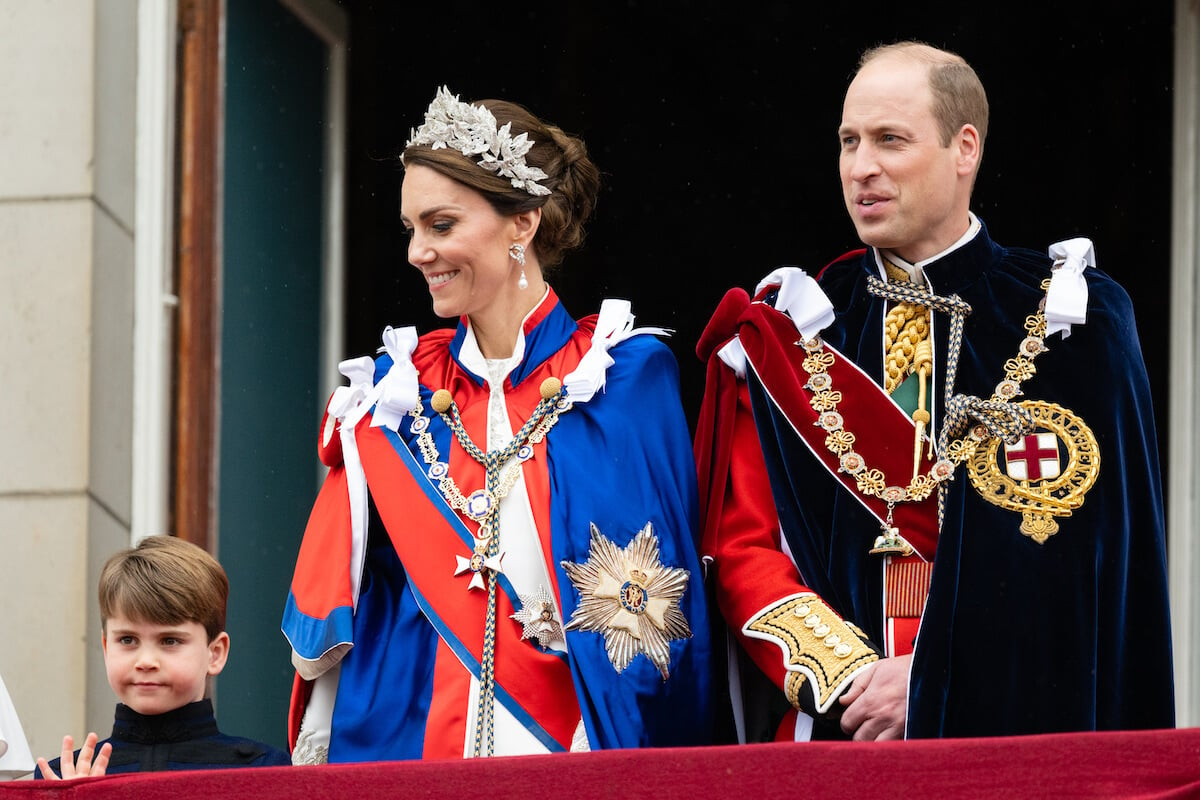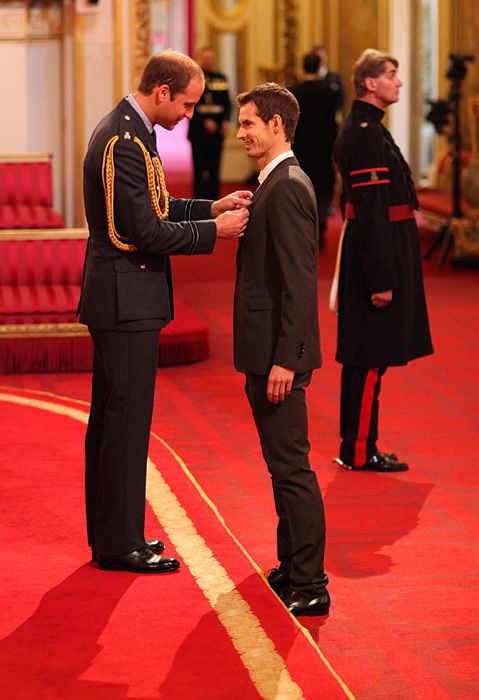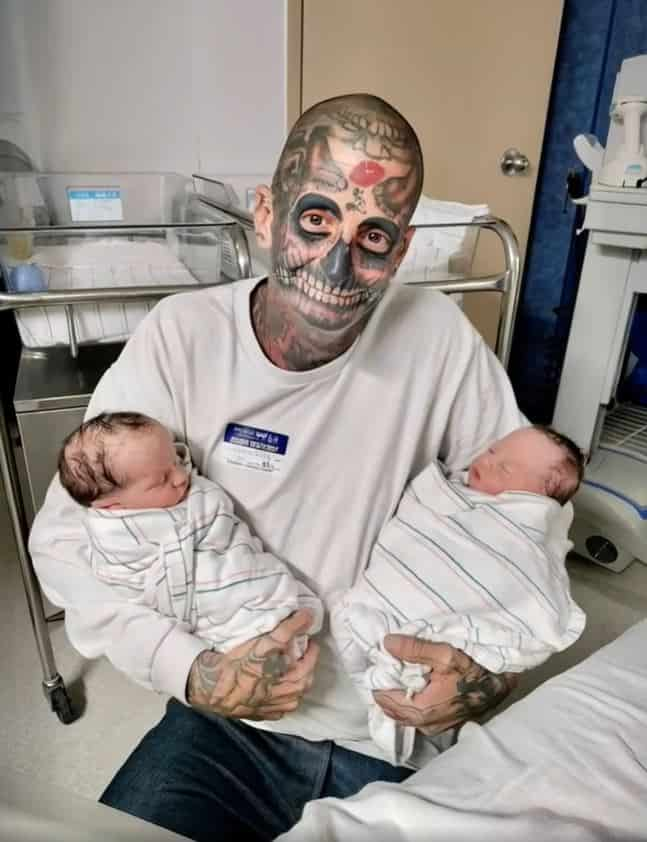The Day Silence Spoke Louder Than Words: William’s Quiet Defiance That Could Reshape the Crown

It began as any other ceremonial day at Buckingham Palace — the kind the public has seen countless times before. The crisp air carried the faint scent of polished brass and the rhythmic click of soldiers’ boots. The Guards stood immovable in their striking scarlet uniforms, their towering bearskin hats casting shadows that seemed to swallow any trace of human emotion.
But this was not an ordinary morning.
Behind the grandeur, tension clung to the air like a storm waiting to break. All eyes turned when Queen Camilla stepped into view. Dressed simply, her usual composure seemed to have slipped. Her hands, clasped in front of her, were pale. Her eyes darted for a moment — the kind of fleeting glance that tells you something is deeply wrong.
And then, from across the courtyard, it happened.

Prince William appeared. He was not in his royal regalia, nor in the mood for pomp and spectacle. Yet, in his presence, the crowd seemed to straighten instinctively. His face was unreadable… until it wasn’t. For the briefest of moments, a smile — quick, sly, almost hidden — flickered across his lips. It wasn’t the broad grin of a man amused, nor the polite smile of a prince greeting his people. It was something else entirely. Something deliberate.
Those who saw it will tell you it was the look of a man who had made a decision.
Within minutes, whispers began to move through the assembled onlookers. Rumors that had long simmered in private corners were suddenly spoken aloud. The suggestion — impossible, unthinkable just weeks ago — was now real: Camilla had been asked to leave the palace.
It was a move bold enough to send shockwaves through the monarchy.

Some say it was the culmination of months of quiet tension, of disagreements that could no longer be papered over. Others believe it was something deeper — a final act of loyalty to the late Diana, the mother who still holds a nation’s love nearly three decades after her death.
For those who adored Diana, this was more than palace intrigue. It felt like vindication. They remembered the quiet dignity with which she endured humiliation. They remembered the heartbreaking interviews, the tears behind her eyes even as she smiled for the cameras. And they remembered who, in their eyes, had been at the heart of her sorrow.
In the most haunting version of events being whispered now, it is said that in her final moments, Camilla leaned toward William and spoke three words — words so devastating that their meaning could shake the monarchy to its core. No one will confirm what was said. Perhaps no one ever will. But the speculation alone has been enough to keep the nation talking.
What we do know is this: the photographs from that day will become part of royal history. There is Camilla, flanked by two unyielding Guards, her expression caught between shock and defiance. There is Sophie, Duchess of Edinburgh, in her powder blue coat and hat, watching with an expression that reveals little but hides even less. And there is William, his hand brushing his face as if to stifle a laugh — or perhaps to conceal the truth in his eyes.
The palace has, as expected, remained silent. No official statement has been made. No explanation given. And yet, the absence of words has only fueled the public’s imagination. For the British people — and for royal watchers across the Atlantic — silence often speaks louder than any proclamation.

In living rooms across Britain and the United States, the scene has played again and again on television screens and computer monitors. People who have followed the royal family for decades lean forward, watching every subtle glance, every tightened jaw. For them, this is not gossip. It is history in motion.
The monarchy has weathered many storms before — wars, scandals, abdications, betrayals. But there is something different about this moment. Perhaps it’s because it feels deeply personal. It is not just about duty and protocol, but about family, loyalty, and long memories.
For William, this may be seen as his first unmistakable step into the role that will one day be his. For Camilla, it could mark the beginning of a slow retreat from the public stage. And for the people, it may be the moment they sense the winds within the Palace beginning to shift.

No one knows exactly what comes next. Perhaps this was merely a fleeting moment, destined to be buried beneath the endless tide of royal news. Or perhaps — as many now believe — it was the start of a quiet revolution within the House of Windsor.
Years from now, when historians write of this chapter, they may not dwell on the exact words spoken or the precise events of that day. Instead, they will write of the tension in the air, the way the crowd sensed something was about to change, and the look — that sly, knowing look — on the face of the man who will one day be king.
Because sometimes, in the history of the Crown, change does not come with grand speeches or dramatic gestures. Sometimes it begins with silence… and a single, fleeting smile.
 Fact Stream Daily
Fact Stream Daily



